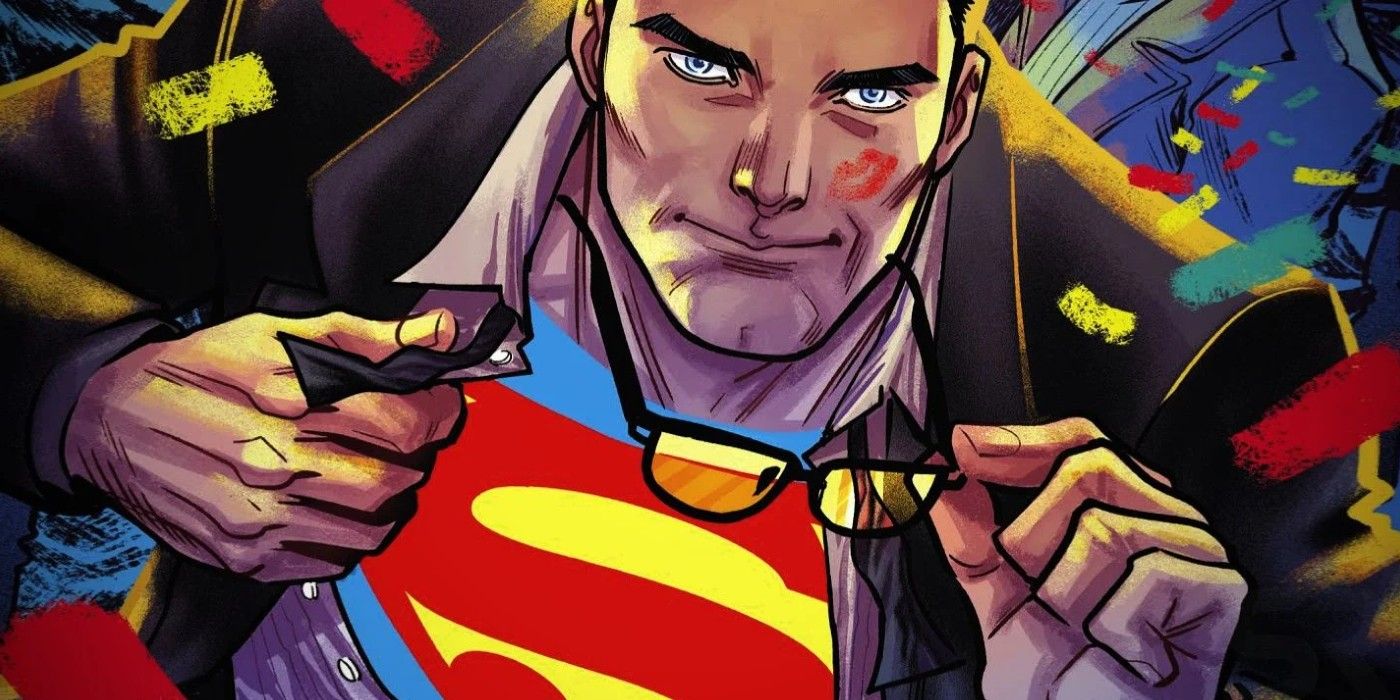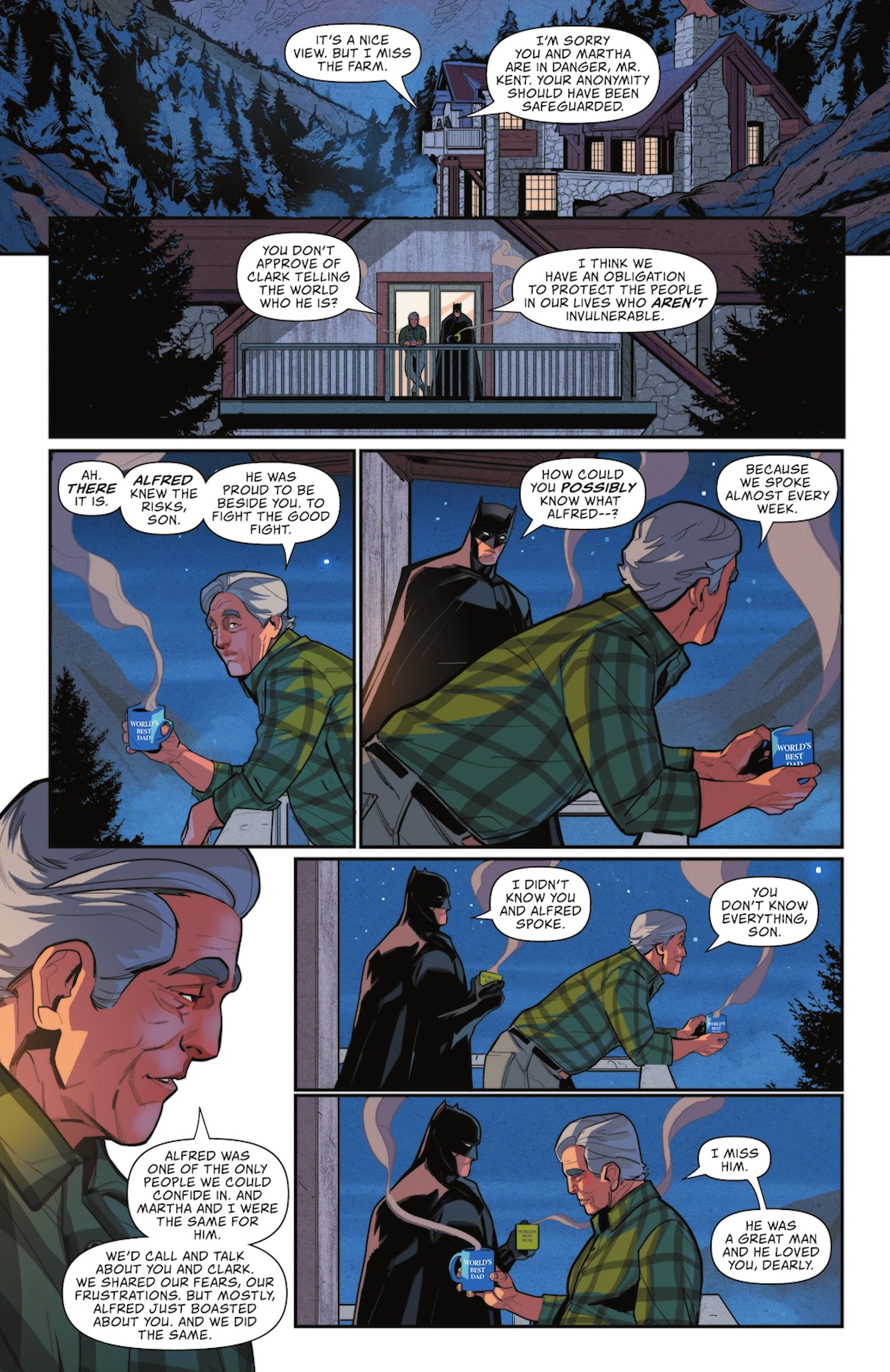Warning: contains spoilers for Superman: Son of Kal-El #11!
DC's Superman is one of the oldest superheroes in the world, and the poster child for how comic books handled secret identities - which made him officially dropping his secret identity all the more notable. The Man of Steel fooled the entirety of the DC Universe and kept his life as Clark Kent a secret for nearly 80 years (in real-world time) until he finally decided to reveal that the two were one and the same during a press conference. Now, Superman: Son of Kal-El #11 proves Superman's method of ditching his secret identity altogether works wonders for superheroes - especially those in the Marvel Universe.
Superman was not the first hero to have a secret identity, but his fame certainly codified the trope in superhero comics. Plenty of stories capitalized on the trope: Clark and Superman would have to be in two places at once, a supervillain discovered Clark's secret and would threaten his family, etc. Nearly every DC superhero would have a secret identity of their own, and Marvel would follow suit - except with the origin of the Fantastic Four, a team that notably never wore masks and was treated more like celebrities than vigilantes by the public.
The practice of superheroes maintaining secret identities fell out of favor around the 2000s; both Captain America and Iron Man revealed their identifies to the world in 2002 (and the MCU's Iron Man film famously ended with the same gesture in 2008). In Superman: Son of Kal-El #11, written by Tom Taylor with art by Cian Tormey, Batman has a discussion with Johnathan Kent about Superman's decision to publicly reveal his own identity (seen in Superman #18). Batman opens with the tried-and-true argument that superheroes conceal their identities to protect their friends and family, but Kent will hear nothing of it; he's proud to be a part of a hero's circle of friends, just like Alfred was to Batman.
The longer a superhero maintains their secret identity, the longer their friends are kept in the dark. There are more possibilities for stories when a hero's circle of friends is constantly in danger, not just on the verge of being in danger. Marvel has realized this and continues to do away with secret identities in both comics and films; most of the Avengers are known by their real names now, and in the MCU, the only superhero who actively continues to hide their face is Spider-Man.
Jack Kirby and Stan Lee's Fantastic Four books proved that superheroes did not necessarily require a secret identity; the genre worked well enough without them. Superman publicly revealing his own identity changed the dynamic of the series forever and opened the door for additional stories to be told (and his son, Jonathan Kent, lost his own secret identity in seconds for the same reason). Superman proves that Marvel was right to abandon secret identities; in order for superheroes to change, so too must the genre.


